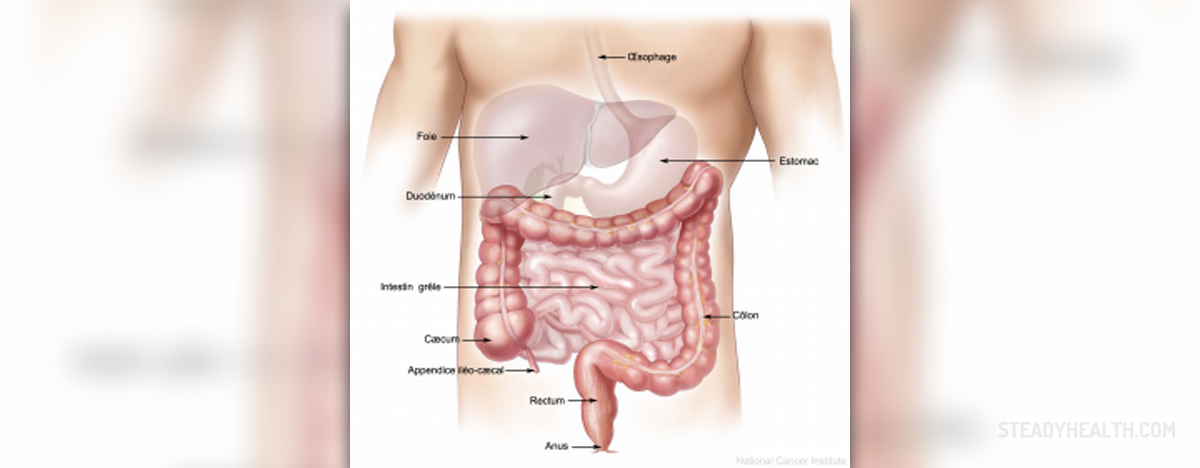
The human digestive system is a complex series of organs and glands that serve to process food. During this process, the food is broken into smaller pieces and further into smaller molecules, nutrients and waste products. The role of the human digestive system is to turn the food into nutrients or energy needed by the cells, or into waste products that can be excreted from the body. The human digestive system is made up of the digestive tract and composed by the organic structures stretching from the mouth to the anus. Digestive system includes both the gastrointestinal tract, with stomach and intestine, and other structures such as accessory organs of digestion: salivary glands, liver, pancreas… Digestive system disorders are all those health conditions or complaints that directly affect the digestive system.
Colon and Rectal Cancer
Colon is the largest part of the large intestine. Colon cancer is a type of cancer that forms in the tissues of the colon. Usually colon cancers occurs in the cells that make and release mucus and other fluids. Rectum is the last couple of inches of the large intestine, that is closer to anus. Rectal cancer is a type of cancer that occurs in the tissue of the rectum.
Stomach Cancer
Stomach cancer is also known as gastric cancer. This type of cancer can develop in any part of the stomach and spread to the other organs. Most commonly affected organs are esophagus, lungs, lymph nodes, and the liver.
Diarrhea
Diarrhea is characterized as a condition of having three or more loose or liquid bowel movements per day. The loss of fluids through diarrhea can cause dehydration and electrolyte imbalances. Diarrhea may occur as a result of bacterial and viral infections. If it manifests as a long-term health problem, it may be related to some underlying intestinal disease.
Diverticular Disease
Diverticular Disease is a condition of having diverticula in the colon. Diverticula are outpocketing of the colonic mucus through weaknesses of muscle layers in the colon wall.Gas in the Digestive Tract
Gas in the digestive tract comes from swallowed air or normal breakdown of certain undigested foods by harmless bacteria naturally present in the colon. The unpleasant odor of the gas comes from bacteria in the large intestine that release small amounts of gases containing sulfur. Most people produce about 1 to 4 pints a day and pass gas about 14 times a day.
Heartburn
Heartburn is a burning sensation in the chest, just behind the breastbone or in the epigastrium caused by strong gastric acid, which is the major symptom of gastro-esophageal reflux disease.
Hepatitis
Hepatitis is an inflammation of the liver characterized by the presence of inflammatory cells in the tissue of the organ. A group of viruses known as the hepatitis viruses causes most cases of hepatitis. In some cases hepatitis occurs as a result of toxic damage from alcohol, medications and certain plants. It can also develop as an autoimmune disease.
Other digestive system disorders include irritable bowel syndrome, lactose intolerance, stomach and duodenal ulcers, etc.








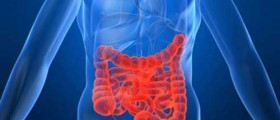
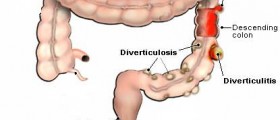
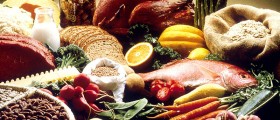


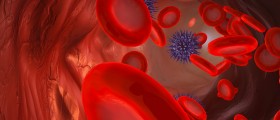



Your thoughts on this
Loading...